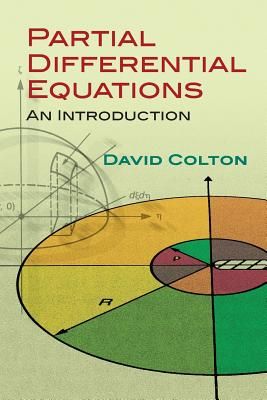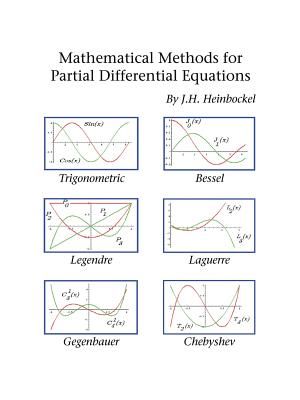Home
Partial Differential Equations and Group Theory: New Perspectives for Applications / Edition 1
Loading Inventory...
Barnes and Noble
Partial Differential Equations and Group Theory: New Perspectives for Applications / Edition 1
Current price: $54.99


Barnes and Noble
Partial Differential Equations and Group Theory: New Perspectives for Applications / Edition 1
Current price: $54.99
Loading Inventory...
Size: OS
*Product Information may vary - to confirm product availability, pricing, and additional information please contact Barnes and Noble
Ordinary differential control thPory (the classical theory) studies input/output relations defined by systems of ordinary differential equations (ODE). The various concepts that can be introduced (controllability, observability, invertibility, etc. ) must be tested on formal objects (matrices, vector fields, etc. ) by means of formal operations (multiplication, bracket, rank, etc. ), but without appealing to the explicit integration (search for trajectories, etc. ) of the given ODE. Many partial results have been re cently unified by means of new formal methods coming from differential geometry and differential algebra. However, certain problems (invariance, equivalence, linearization, etc. ) naturally lead to systems of partial differential equations (PDE). More generally, partial differential control theory studies input/output relations defined by systems of PDE (mechanics, thermodynamics, hydrodynamics, plasma physics, robotics, etc. ). One of the aims of this book is to extend the preceding concepts to this new situation, where, of course, functional analysis and/or a dynamical system approach cannot be used. A link will be exhibited between this domain of applied mathematics and the famous 'Backlund problem', existing in the study of solitary waves or solitons. In particular, we shall show how the methods of differential elimination presented here will allow us to determine compatibility conditions on input and/or output as a better understanding of the foundations of control theory. At the same time we shall unify differential geometry and differential algebra in a new framework, called differential algebraic geometry.


















